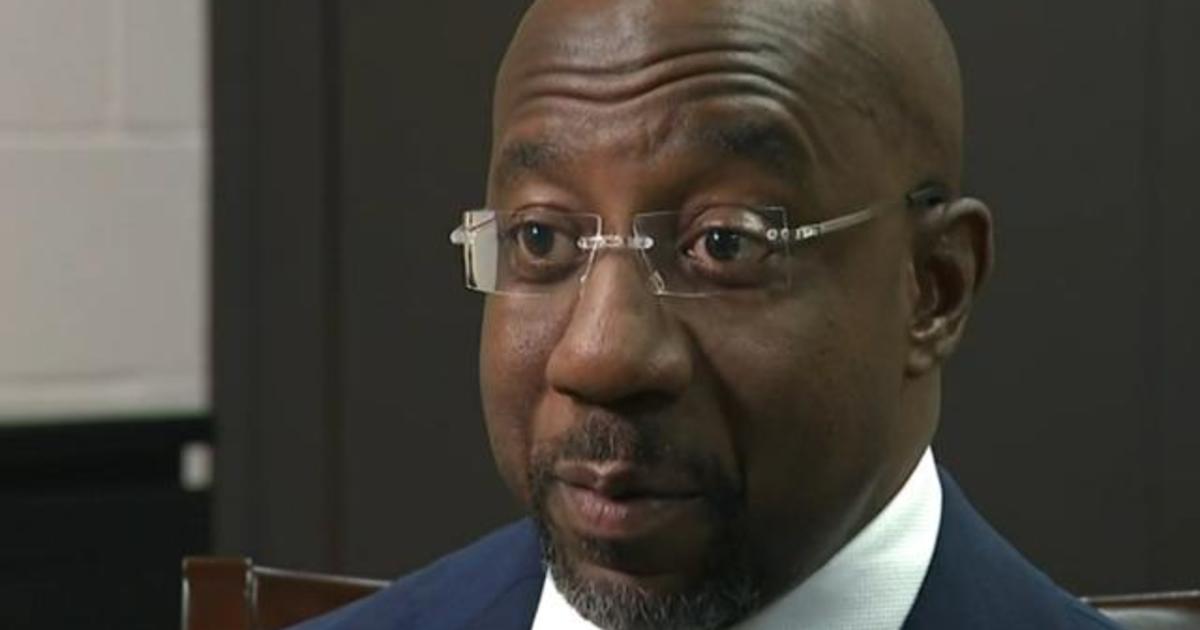Questions and answers on the law | Pay attention to these terms of the will | Columns

When someone dies, what happens to their debts? Can creditors make claims against property owned by the decedent at the time of death?
Yes, but they have to do it within a certain time frame.
After a person dies, everything they owned at the time of death goes into “probate.” Financial accounts, real estate, personal property, corporate stock, and so on are typical things in a will.
If the total value of the estate at the time of death exceeds $100,000 or there is real estate of any value, it is assumed that the estate must be probated in the county where the deceased resided at the time of death.
A person, as a rule, applies to the court with a request to appoint him as an executor or administrator of the estate. This party’s job is to manage the assets of the estate during the trial. This includes considering the claims of the testator’s creditors.
Creditors with valid, timely claims must be paid before any property is distributed under a will or probate law.
The time frame for filing claims is governed by several things.
First, the person appointed by the probate judge must publish a notice of death and pendency in a newspaper in the county where the probate case is pending. Notice must be given to creditors not less than six months from the date of first publication or three months from the date of mailing or delivery of such notice to the creditor, whichever is the later, to bring claims.
All claims, except for administrative expenses and compensation for a surviving spouse or child, will not be accepted after the deadline when such notice has been given to the claimant and/or published in the newspaper.
But secondly, what happens if the executor fails to give and publish such notice or spoils the form of notice otherwise required under the law of succession? What if an executor has not yet been appointed or a probate case has not been filed?
Take note, lenders.
Illinois law also states that any unclaimed claim against a decedent’s estate for which defenses are not yet limited is lost forever after two years from the date of death, even if no executor has been appointed.
However, a recent Illinois appellate court held that while a general action against the estate based on a death debt may be barred by this two-year rule, if the creditor had a mortgage on land owned by the decedent, that creditor may still foreclose on the mortgaged property after two-year prohibition (ie sue to seize and sell that property to pay all or part of the debt still owed after the testator’s death).
But the mortgagee can sue for probate only in respect of the mortgaged land. If the proceeds of the foreclosure sale do not pay the full amount of the debt, the creditor cannot proceed against the other estate unless a claim is filed within two years of the death.
So Hamel’s estate collection is safe from that creditor.
By the way, debt is not inherited. So kids, don’t worry about having to pay Uncle Ichabod’s creditors from your own Hummel collection.
Brett Kepley is an attorney with Land of Lincoln Legal Aid Inc. Send questions to The Law Q&A, 302 N. First St., Champaign, IL 61820.
https://www.news-gazette.com/opinion/columns/the-law-q-a-pay-attention-to-these-probate-deadlines/article_23fc94ec-25b6-5a70-9859-c37604939e52.html




